University Programs
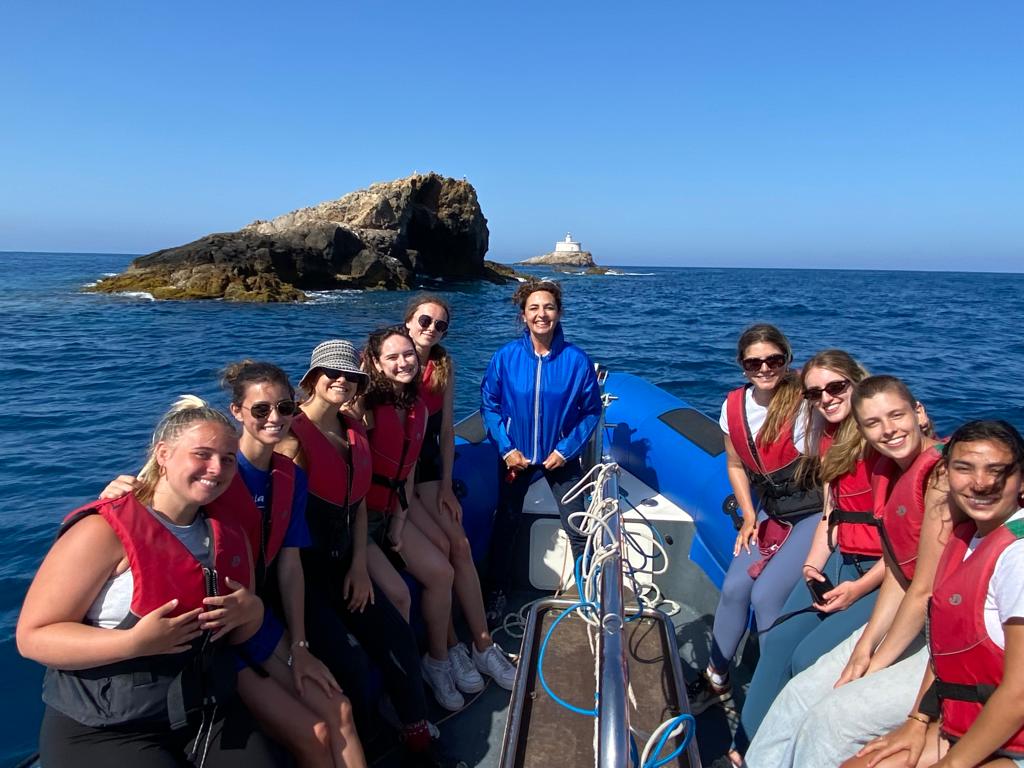
Nature tourism in protected areas
Analysis of nature tourism as a source of local economic development and the challenge of sustainable growth around protected areas. This course explores the extraordinary diversity of southeastern Spain, practicing different sports disciplines in four large protected areas. An introduction to sports techniques, impacts on the natural environment, and activity management in protected areas.
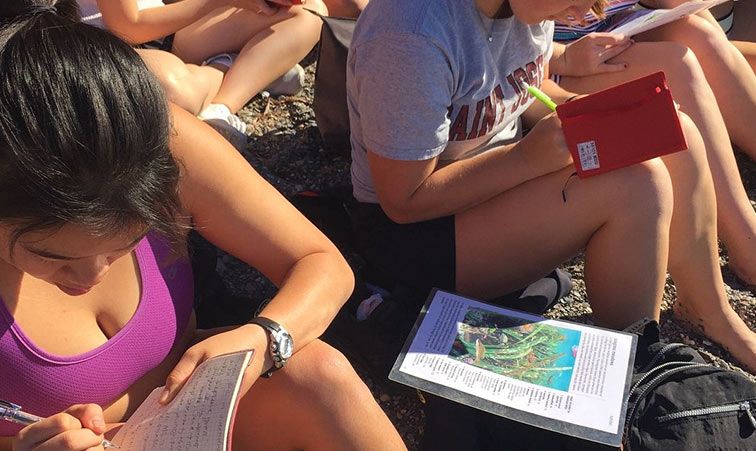
Ecology of the Mediterranean Sea and Scuba Diver course
This great adventure brings us closer to the richness of the largest and most threatened sea on our planet. The thematic content includes: natural history of the Mediterranean Sea, oceanographic characteristics, most outstanding habitats and species. This course includes the practices to obtain the Scuba Diver certification that allows you to descend to 12 meters deep accompanied by a recreational diving professional.
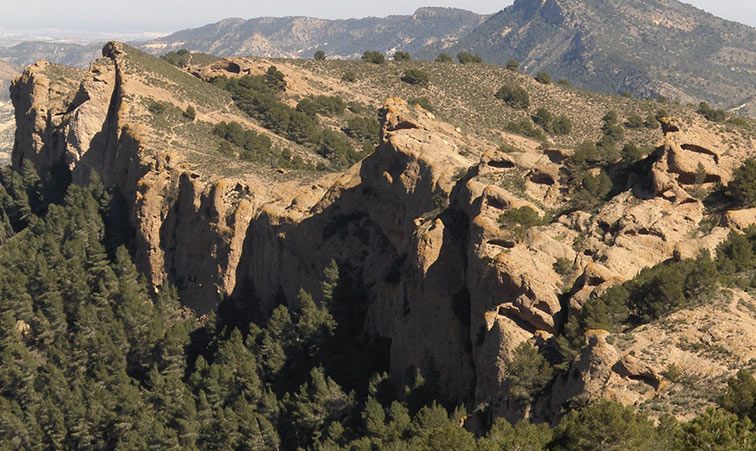
Geodiversity
The Region of Murcia is an ideal setting to learn basic concepts of geology, and the economic and strategic importance that the geological heritage of a region represents throughout history. We see how the Places of Geological Interest are currently protected and the adaptation, in some cases, to become an educational and tourist resource.
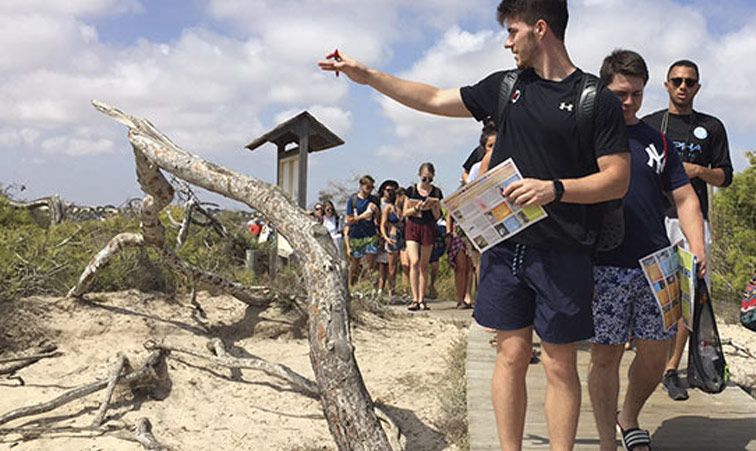
Conservation of coastal habitats
The change in the natural conditions of coastal lagoons and other coastal habitats affects traditional activities and the local economy due to the loss of environmental services that nature provides. This course addresses the great challenges of marine governance in the current situation of the Mar Menor, whose environmental crisis brings us closer to other coastal areas of the world.
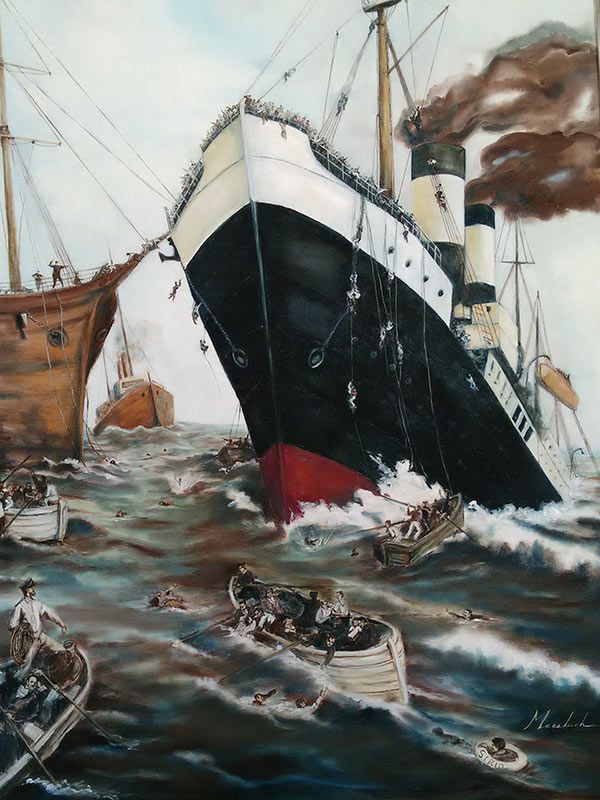
Cabo de Palos in maritime communications: unique from a historical and oceanographic perspective
A day of historical and oceanographic themes with Cabo de Palos as a reference for navigation in the Mediterranean. The geographical situation and the dangerousness of its waters explain the need to build the imposing lighthouse building in 1865. Includes the construction technique of the lighthouse and the importance of maritime signals and communications since ancient times. This day can be ten lecture hours to validate it for 1 credit of free configuration.
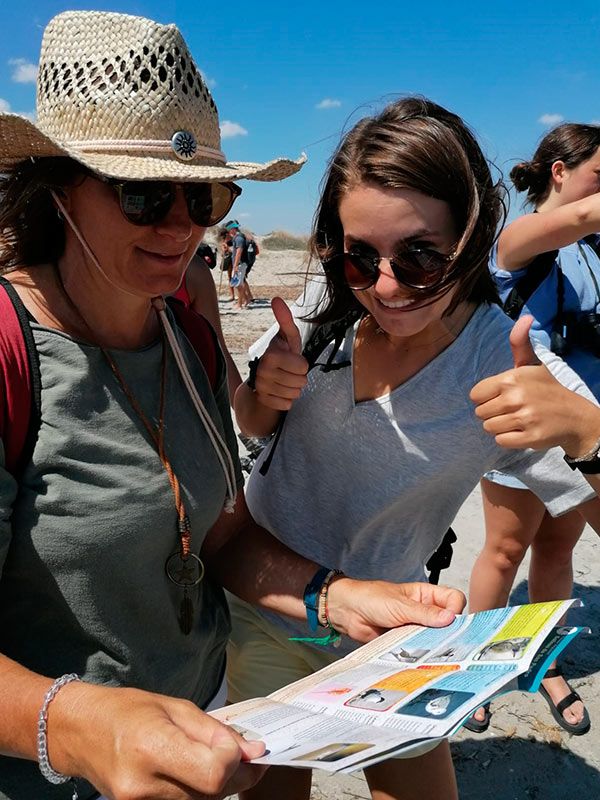
Monumental, historical and archaeological heritage of the Mar Menor region
The particular enclave of the Mar Menor has been a source of natural resources throughout history. In this region of the western Mediterranean we find numerous traces of the past, from the Eneolithic settlement of Las Amoladeras (5,000 years) to the Cueva Victoria site, whose remains of African fauna from the Pleistocene open the possibility of a new route in the human expansion from the Strait of Gibraltar towards the rest of the European continent.
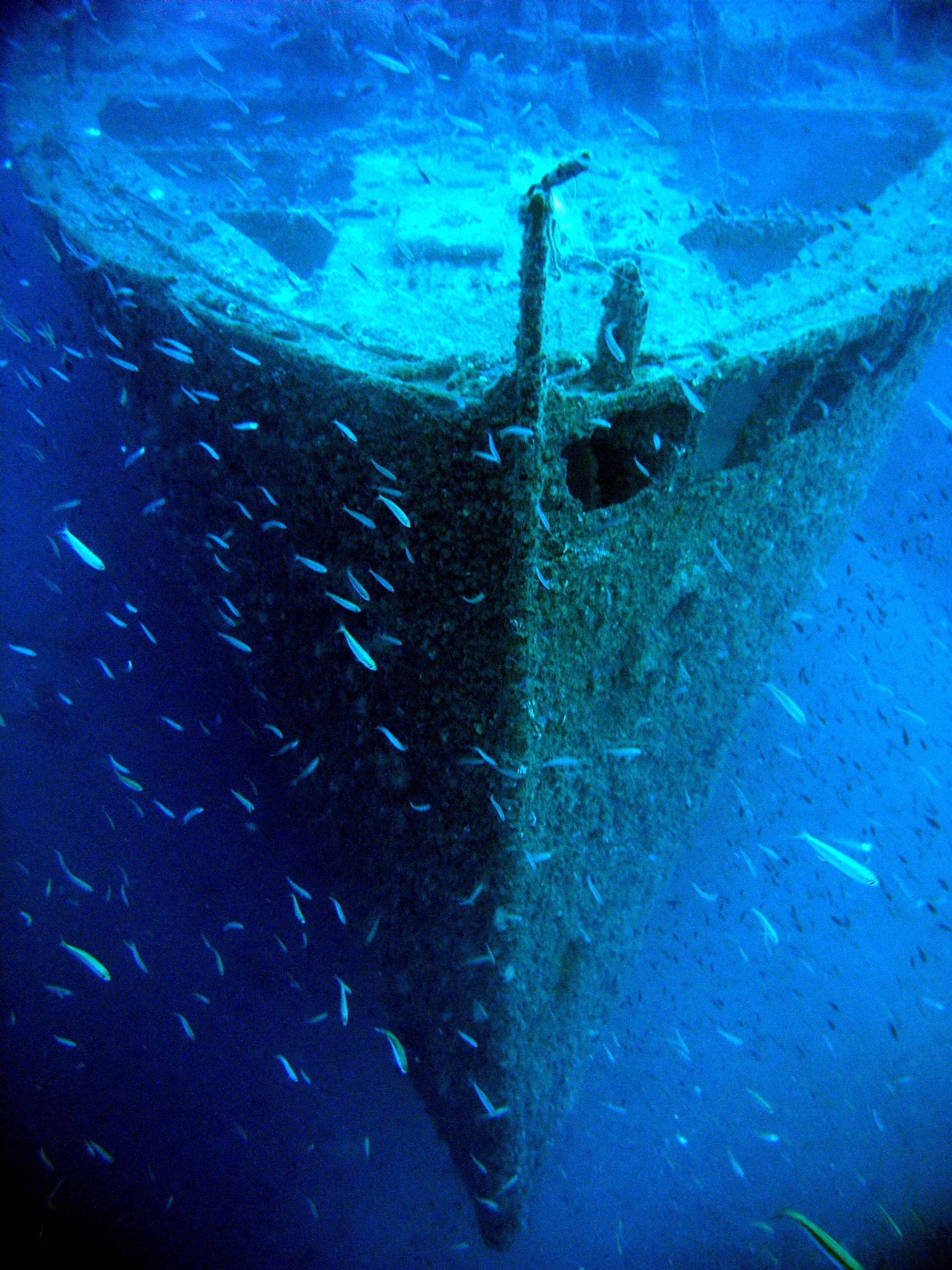
Great shipwrecks in Spain and exploration techniques in sunken ships
This three-day course introduces us to the numerous wrecks that lie off the coast of Cabo de Palos and the different historical periods to which they belong, from Phoenicians and Romans to the large ships sunk in times of war. Specialists in the exploration of sunken ships and experts in underwater heritage bring us closer to the challenges of their study and conservation in the 21st century.